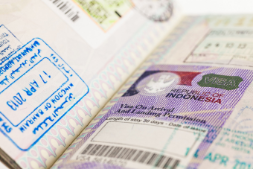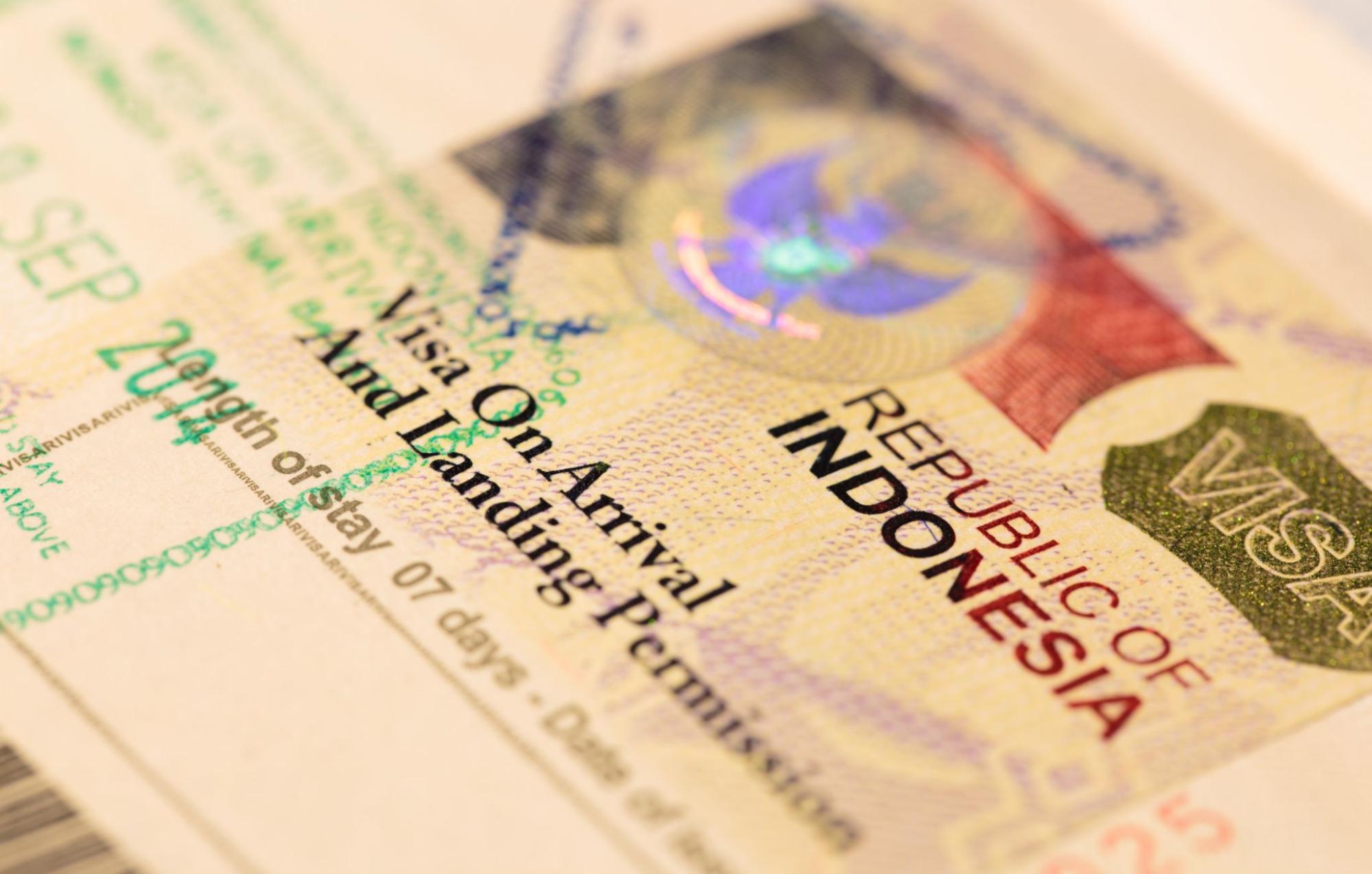
Indonesia has recently undertaken significant reforms in its visa system, aligning it more closely with the specific purposes of visitors' stays. This article delves into the intricacies of these changes, which became effective on January 9, 2024, offering a clear understanding of the new visa classifications and their implications.
A Shift in Indonesian Visa Classifications

The Indonesian government has restructured its visa categories, marking a substantial shift in its approach to managing international arrivals. The critical changes in visa classifications are as follows:
- Limited Stay Visa: E – This new classification replaces the previous categories C312, C313, C314, C315, C316, C317, and C318. It is designed for longer-term stays, encompassing a variety of purposes such as work, research, and family reunification.
- Single Entry Visa: C – Previously known as B211, this visa is tailored for visitors who plan to enter Indonesia once for specific purposes. The range of activities permitted under this visa has been expanded.
- Multiple Entry Visa: D – This replaces the former D212 category. However, it's important to note that the issuance of new numerous entry visas is currently suspended. Existing visas of this type remain valid until their designated expiration dates.
- Visa on Arrival: B, F – These categories, taking over from the former B213, simplify the process for travellers, allowing them to obtain their visas upon arrival in Indonesia.
Indonesia E-Visa Application Process

The Indonesian government has introduced a new e-visa application system in line with these changes. Applicants can now apply through this website for all electronic visa applications. This streamlined process is part of Indonesia's effort to modernise its immigration services and make it more accessible to international visitors.
Expanded Activities for Visa Holders
The reform extends the range of permissible activities for both Single and Multiple Entry Visa holders. Under the Single Entry Visa, activities like providing after-sales services, internships, and the installation and repair of machinery are now allowed. For holders of the Multiple Entry Visa, activities have been broadened to include tasks such as conducting audits, overseeing production quality control, and carrying out inspections at Indonesian branches of their employer.
Implications of the Visa System Reform in Indonesia
These changes reflect Indonesia's evolving approach to international travel and migration, balancing security and control with the desire to facilitate business, tourism, and cultural exchange. By simplifying the visa system and aligning it more closely with the activities and purposes of visitors, Indonesia aims to create a more welcoming and efficient environment for international travellers.
In conclusion, these recent adjustments to Indonesia's visa classifications are a step towards a more organised and purpose-driven immigration system. Visitors planning to travel to Indonesia should familiarise themselves with these changes to ensure compliance and a smooth travel experience.
FAQs
What are the significant changes in Indonesia's visa rules for 2024?
In 2024, Indonesia introduced significant changes to its visa regulations to streamline the entry process and align it with various visit purposes. Critical updates include the revision of visa classifications, the introduction of new categories for specific travel purposes, and the enhancement of the online visa application system. These changes facilitate more straightforward and efficient travel to Indonesia, particularly in a post-pandemic world focused on economic recovery and tourism growth.
How does the new online visa application platform benefit travellers?
The newly implemented online visa application platform offers a more user-friendly and efficient application process. This digital shift means travellers can apply for their visas remotely, reducing paperwork and waiting times. The system is designed to be intuitive, providing step-by-step guidance and making it easier for applicants to submit the necessary documents and track their application status in real time.
Are there any specific visa exemption categories under the new rules?
Yes, the updated Indonesian visa rules include specific exemption categories. These exemptions are typically based on the country of origin, the visit's purpose, and the stay's duration. It's crucial for travellers to check the latest exemption criteria before planning their trip, as these can vary and may be subject to change based on bilateral agreements or policy revisions.
What should foreign business travellers know about the Indonesia business visa and work permit IMTA?
Foreign business travellers looking to engage in commercial activities in Indonesia must know the requirements for obtaining a business visa, commonly called KITAS, and a work permit (IMTA). The Indonesian government has specific guidelines and prerequisites for these permits, including documentation of the business purpose, duration of stay, and the applicant’s professional qualifications. The new regulations aim to simplify and expedite the process for legitimate business travellers.
How does the tourist tax in Bali under the new rules affect international travellers?
The tourist tax in Bali, introduced as part of the new visa regulations, is a levy imposed on international travellers visiting this popular destination. However, there are exemptions based on specific visa categories. The tax is aimed at supporting environmental and cultural preservation efforts in Bali. Travellers should know whether their visa category requires paying this tax and factor it into their travel budget.
Can you explain the relationship between Visa Europe and the new Indonesian visa policies?
The relationship between Visa Europe and the new Indonesian visa policies primarily revolves around integrating Visa's payment technologies and systems in the Indonesian market. This collaboration signifies a step towards modernising payment frameworks in Indonesia, aligning with Bank Indonesia’s regulations. For travellers, this means enhanced convenience and security in electronic transactions in Indonesia.
What impact do the new visa rules have on post-pandemic economic growth in Indonesia?
The new visa rules are a strategic component of Indonesia's efforts to stimulate post-pandemic economic growth. By simplifying the visa process, Indonesia aims to attract more tourists and foreign investors, which is crucial for reviving its economy, especially in the tourism and foreign trade sectors. These regulations are expected to boost international travel to Indonesia, contributing positively to the country's economic recovery.